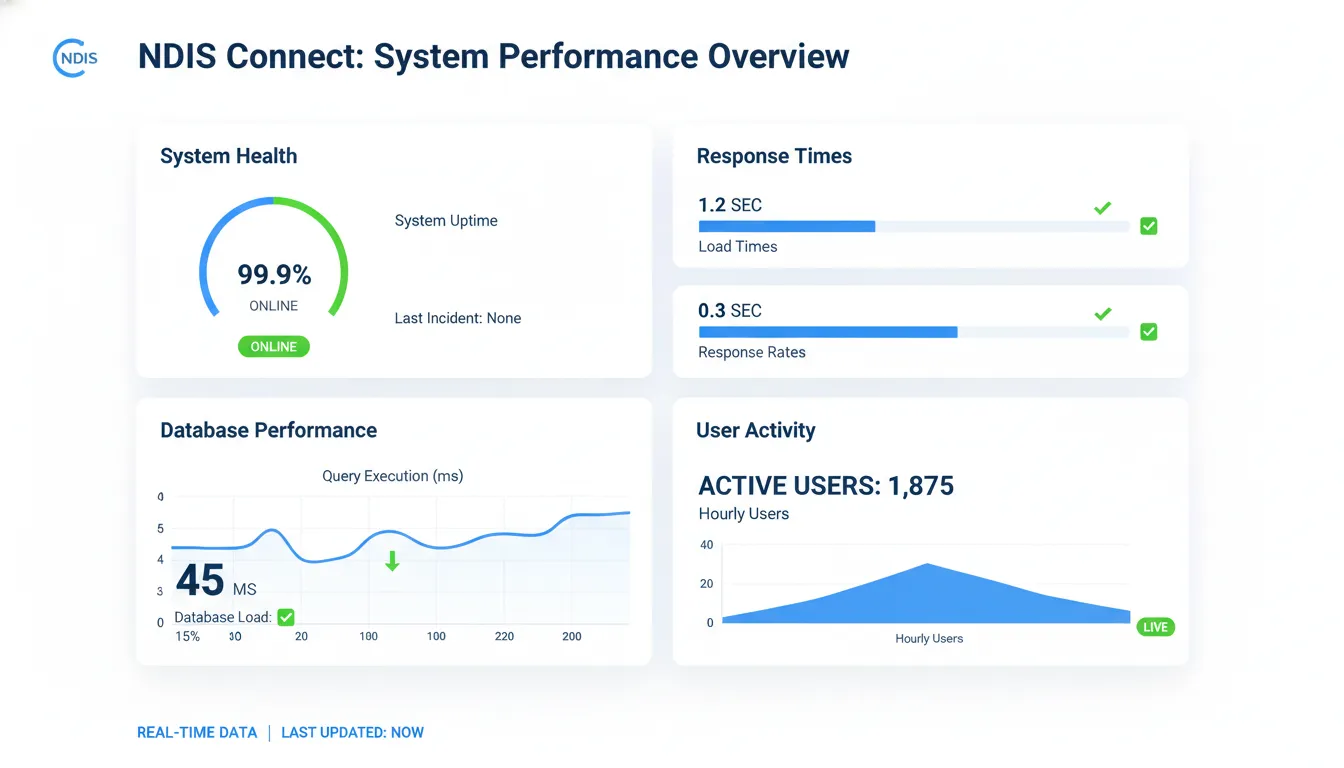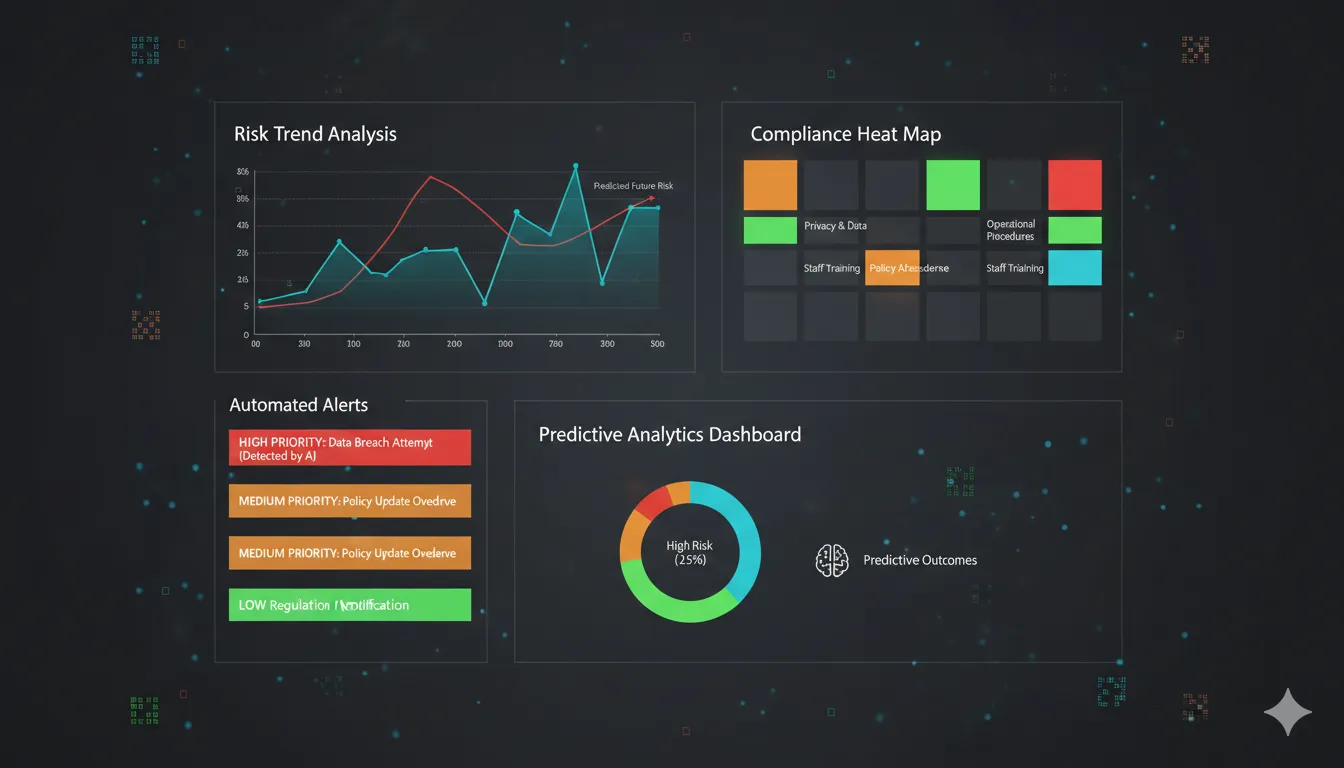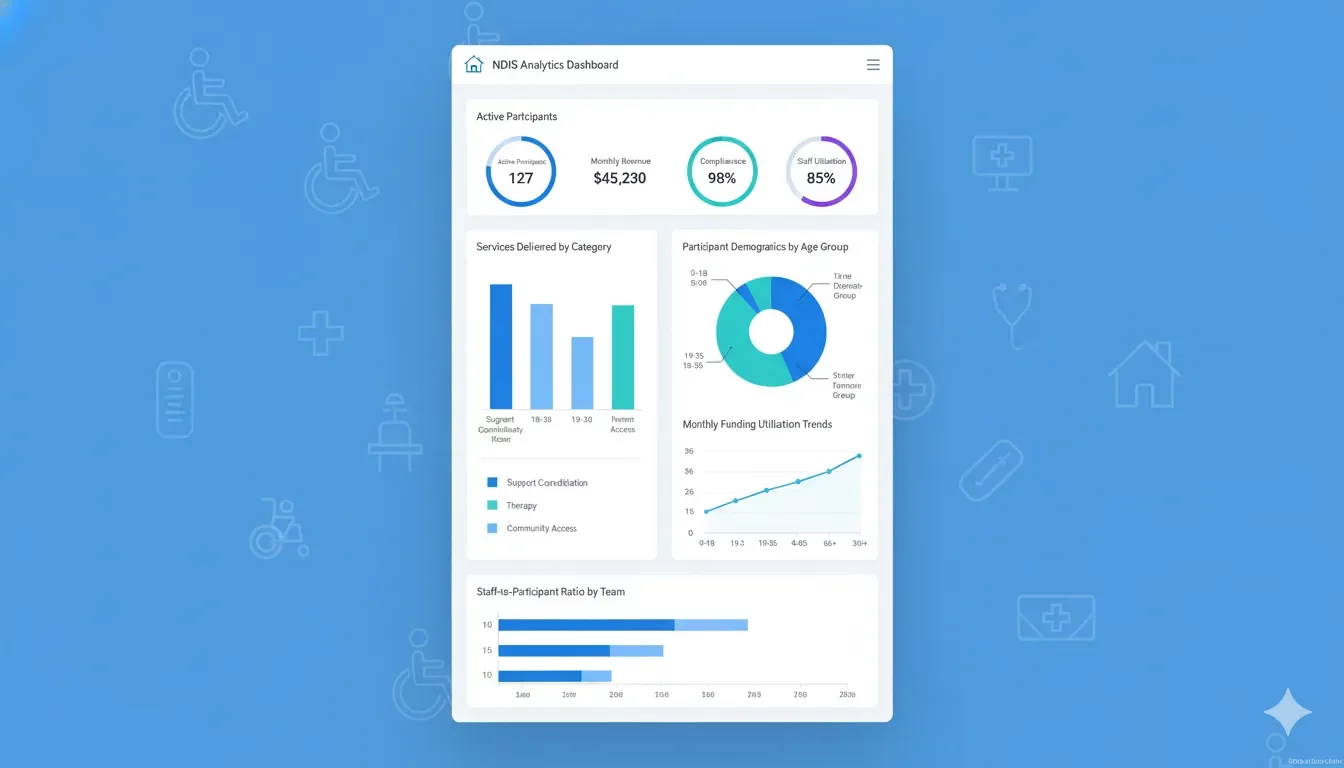Are there specific areas of NDIS compliance that are frequently overlooked or misunderstood, and how can they be addressed? In the complex landscape of NDIS service provision, several critical compliance areas often fly under the radar, leading to potential risks and challenges for providers. Let’s delve into these overlooked areas and explore effective strategies to ensure compliance and mitigate risks.
Record Keeping and Documentation
Detailed and accurate record-keeping is the cornerstone of NDIS compliance. However, providers often underestimate its importance, leading to gaps in documentation. Implementing robust documentation processes, conducting regular audits, and ensuring secure storage can address this issue effectively.
Participant Consent and Privacy
Misunderstandings regarding participant consent and privacy can result in privacy breaches and compliance issues. Comprehensive training for staff on privacy principles and transparent procedures for obtaining and managing consent are essential to address this challenge.
Incident Management
Failure to report incidents or misunderstanding what constitutes a reportable incident can lead to compliance breaches. Providers must familiarize themselves with reporting guidelines, train staff accordingly, and establish accessible incident reporting processes.
Understanding of NDIS Pricing and Billing
Billing errors due to misinterpretation of NDIS pricing guidelines are common. Regular training updates and thorough checks against the latest NDIS price guide can help prevent such mistakes and ensure accurate billing practices.
NDIS Code of Conduct and Practice Standards Compliance
A complete understanding of the NDIS Code of Conduct and Practice Standards is crucial for compliance. Providers should regularly review their operations against these standards and implement comprehensive training programs for staff.
Worker Screening
Mandatory worker screening checks are sometimes overlooked, posing safety and quality risks. Ensuring all relevant staff undergo the required NDIS Worker Screening Check is essential to meet compliance requirements and maintain participant safety.
Service Agreements
Vague or incomplete service agreements can lead to disputes and legal issues. Providers must ensure clear, detailed, and tailored service agreements that outline services, costs, and terms to avoid misunderstandings.
Quality and Safety Requirements
Maintaining quality and safety standards is paramount. Regular risk assessments, transparent policies, and emergency preparedness measures are crucial to ensure participant safety and compliance with quality standards.
Leveraging Technology Solution
In NDIS compliance, leveraging technology can significantly enhance providers’ ability to effectively manage and address these critical areas. Vertex360, a leading NDIS software solution, offers robust features designed to streamline compliance processes and mitigate risks. With Vertex360, providers can automate record-keeping tasks, ensuring accurate and up-to-date documentation while reducing the risk of errors and oversights. The platform facilitates seamless incident management and reporting, providing a centralized hub for tracking incidents and ensuring timely response and resolution. Moreover, Vertex360’s intuitive interface simplifies billing and pricing compliance, helping providers stay aligned with NDIS pricing guidelines and regulations. By integrating Vertex360 into their operations, NDIS providers can enhance their compliance efforts, minimize risks, and focus on delivering quality care to participants.







